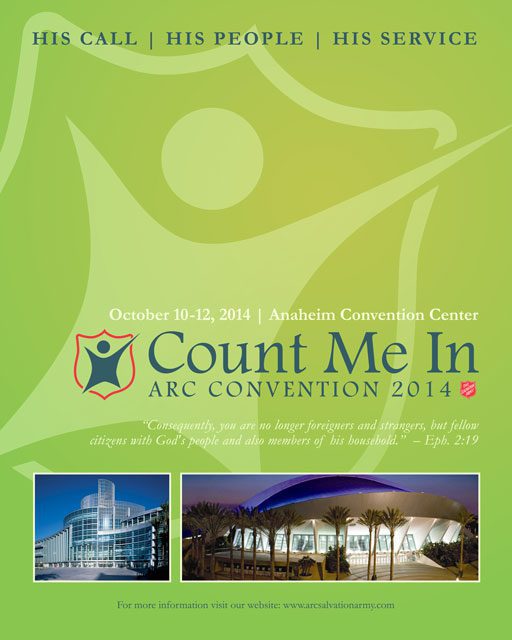BY ROBERT DOCTER –
Most people say they want to find happiness. Sounds like happiness is a lost dog. “Here Happiness…here Happiness,” they seem to call.
Now, I know happiness has been described as a warm puppy, and dogs sometimes do escape and wander, but happiness is not a lost dog. Often times, people refuse to give up on their metaphor of happiness and go looking for it everywhere. Maybe they’re struggling in a relationship that isn’t working well, and they wander off to find a different one. Maybe a particular job doesn’t deliver happiness, and they quit. Once in awhile, they decide that they just can’t be happy where they are, and they need a fresh start in a different location all together. They do “geography” and end up finding their lack of fulfillment in a different city. I know some who genuinely believe that more money will lead them to happiness–that prosperity, somewhat synonymous for happiness, seems to require bucks. Actually, it doesn’t. They are convinced that the bigger house, the newer car, the better portfolio will generate happiness. Sometimes, it’s not money it’s status or drugs or sex or winning.
None of these approaches guarantee lasting happiness.
If you want genuine happiness in your life, first, you need to figure out just what it is. It might be different for different people, but I believe there are some definite common characteristics in the happiness mix important for everyone.
I see the two feelings of happiness and sadness as a pervasive ground against which we paint other feelings that stand out as figure. Joy, for instance is a spike of fairly intense pleasantness. Fear explodes–but anxiety, the product of high vulnerability to stress, stays in the background linked to unpleasantness and hangs around to limit the range of choices we allow ourselves.
So, just looking at happiness, I see it as a potentially pervasive orientation to life that results in expectations of pleasant events–as an optimistic, self-determining way of viewing the world. I think we build it by achieving a sense of meaning in life–an orderliness–a consistency based on a healthy belief system. Psychologists Woolfolk and Lehrer point out that a healthy belief system makes one less vulnerable to stress. It requires some kind of passionate commitment to a direction in life. You know where you are heading in life; you are willing to make the effort to move toward it; and you’re aware of the progress you’re making. You live in the present but know where you are headed.
A healthy belief system also demands a consistent commitment to something (someone) outside one’s self. Without this commitment there is no focus. The direction vacillates. Orderliness disappears. Anxiety creeps in and happiness evaporates. Woolfolk and Lehrer also state there are a number of additional factors necessary for a healthy belief system. We need to recognize that perfection in the human condition is unattainable, and therefore, some dilemmas and difficulties are sure to occur along life’s way.
Recognizing the inevitability of our own misfortunes and problems requires us to be tolerant of the imperfections in our selves and in others. Additionally, we need to be more involved with the process of living rather than in the product. This keeps us in the present–the immediate moment rather than focusing on the past or the future. We also need a balance between the effort we make to move toward that to which we are committed and our willingness to stand back and evaluate the effectiveness of our progress.
Rebecca Probst comments on how Christianity facilitates the development of a healthy belief system. She notes: “Christianity is the religion of the crucified God”–a God, therefore, who understands our pain and trials–our difficulties and confusions. He comes to share that pain with us. Secondly, she reminds us: “Christianity is the religion of the forgiving God”–the God who understands and accepts our failures. Third, “Christianity is the religion of the God of the present moment”–we can exist with him now. Lastly, she states that: Christianity is the religion of the God who calls us both to self-examination and then back out into relationships with others.” The healthy belief system is circular–non-linear.
Rigidity will not result in a healthy belief system–and it will not lead to happiness. An over emphasis on rules for life forces us into failure experiences and self-condemnation. The quest for perfection leads away from a life of fulfillment and happiness.











